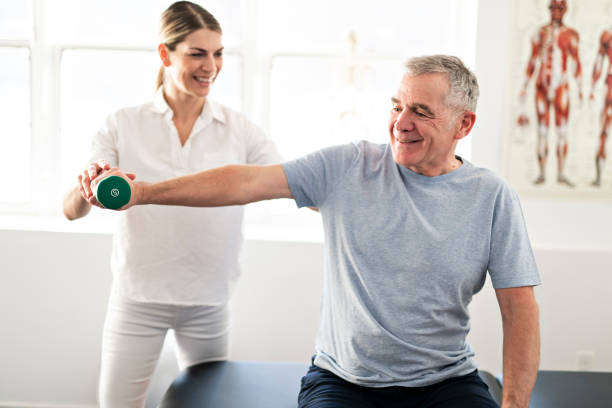
Experiential Learning: What Trainers Need to Know
Experiential learning can be a valuable tool for medical students, providing an immersive, hands-on experience that allows them to apply their knowledge in a practical setting. As a trainer of medical students, it’s important to understand the basics of experiential learning and how to implement it in your classroom, says the renowned expert Dr Michael Hilton.
Understand Your Learners
Experiential learning works best when you have a good understanding of your learners. Take the time to get to know them and understand their needs, interests, and goals. This will help you create experiential learning activities that are tailored to their specific needs and interests. Dr Michael Hilton, make sure that everyone involved understands the objectives and expectations for each activity so that everyone is on the same page.
Plan Ahead
Planning ahead is key when using experiential learning with medical students.
● Make sure you have all materials needed for each activity, as well as clear instructions on how they should be completed.
● Make sure there is enough time allotted for each activity so that students have enough time to complete them without feeling rushed or overwhelmed.
● Additionally, plan ahead for potential issues or disruptions so that you can quickly adjust if something unexpected arises during an activity.
So, the importance of experiential learning should not be underestimated when it comes to medical training. As a trainer, it’s important to understand the basics and how to effectively implement this approach in your classroom setting.
With proper planning, an understanding of learners’ needs, and clear objectives, you can make sure that your students get the most out of their experiential learning experience.
Conclusion:
Experiential learning can be an effective way to engage medical students in their education and allow them to practice applying their knowledge in real-world scenarios.
By understanding their learners and planning ahead, trainers can ensure that each activity goes smoothly and helps students learn more effectively.
With careful preparation and planning, experiential learning can be a great addition to any medical student’s education.